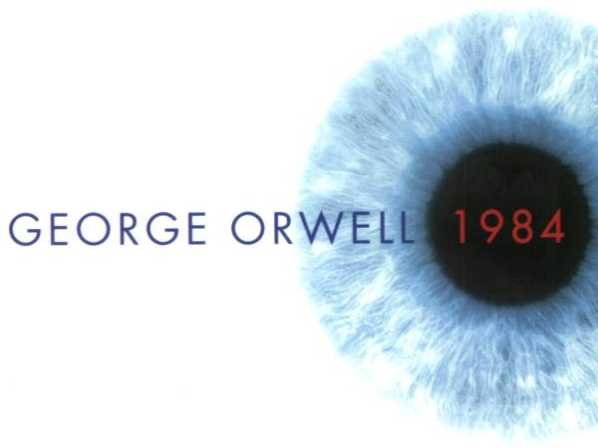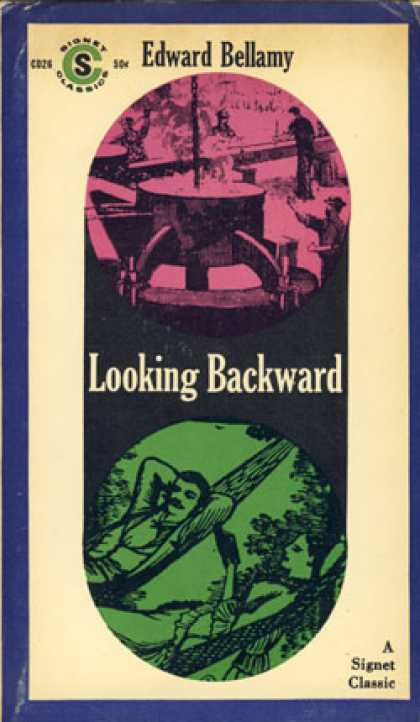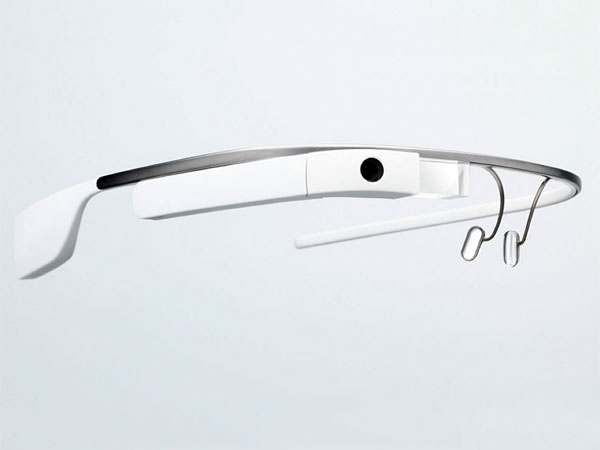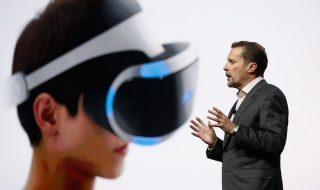
Science-fiction novels don’t always correctly predict the future – but it is pretty jarring when they do. Really, science-fiction stories typically reflect the idiosyncrasies of their own time more than anything else. Every now and again though, those speculative-fiction tech geeks of generations passed manage to anticipate something about the future with startling accuracy.
Science Fiction As Science Fact | It’s Okay To Be Smart | PBS
A common theme in science fiction is the technocratic future wherein citizens live under the constant watch of the government, who use the latest advances in technology to spy on citizens. Where technology once served to enrich modern life —and still does, in many ways— for some it is a persistent source a fear and anxiety.
The very basis for science fiction itself could be humanity’s aversion to technology, and the anxiety induced when one contemplates the potential scope of damage we face if technology were to be used towards a destructive end. This fear of technology, which is actually quite common, might be traced back to the dawn of the industrial age. Certainly, much has been written in the past about what psychologists deem are humanity’s uncanny feelings in response to seeing non-human entities resembling humans in either form or function. Ernst Jenst and Sigmund Freud wrote a considerable amount on the subject, and the concept is further explored in Fritz Lang’s seminal Metropolis, wherein some machines live as humans in the top tier of society, and humans in the lower castes are relegated to functioning as cogs within a larger industrial mechanism.
Technology As The Oppressor

10 Science Fiction Novels That Correctly Predicted The Future
A recurring theme in science fiction is that technology will always ultimately be used as an instrument to oppress. These works used to reflect abstract paranoias and morbid suspicions – but are these fantasies becoming part of the grim reality of modern life to an ever horrifying degree? Recent news has been filled with headlines addressing the NSA domestic spying scandal, and Google purchasing smart technology developer Nest.
The NSA scandal has been discussed thoroughly by both the mainstream media and the alternative press, but much less attention has been given to the quickly increasing rate of home automation technology. The purpose of home automation is to allow homeowners to control multiple devices with one primary remote, most often through a smartphone. The devices are able to communicate using a wireless connection, which allows cameras, thermostats and entertainment centers (essentially any machine) to exchange information seamlessly. Google’s acquisition of Nest makes them a major player in home automation, but they are not alone. Samsung recently debuted a new smart device platform able to interact with other Samsung products, and have even partnered with ADT to contribute to a higher-tech, more intelligent home security system which can interact with everything from your door locks to your dishwasher.

25 of the greatest Sci-Fi books ever written
The whole thing is eerily reminiscent of the Ray Bradbury story August 2026: There Will Come Soft Rains, originally published as part of The Martian Chronicles. The story takes place in a seemingly opulent Californian suburb, where we get an in-depth look at a fully automated house, which, left to its own devices, can do just about anything. The home cooks meals, relays important messages and reminders to the occupants, and even lights cigars. It’s the fully equipped “home of tomorrow” as it might have been envisioned in the 1950’s.
What makes the story eerie though, is that you don’t read anything about the occupants of the house. There’s no interaction among human beings, and it would seem that the house is mechanically carrying out functions to the benefit of no one. And then, gradually, it all becomes clear. We discover that there are shadows, impressions of people, burned into the walls, as if they were vaporized in a nuclear blast.

List of Predictions from Science Fiction
Consider the full context of the story: The Martian Chronicles was published in 1950, only years after the United States military decimated civilian communities in Japan with the atomic bomb. The United States, ultimately, benefitted economically from World War II, and tech companies in the private sector flourished. A popular feature of technology shows were projections of how advances in technology could enhance the functionality of our homes with appliances that communicated with one another, and could carry out tasks autonomously. Incidentally, we are seeing this manifest within our own generation, with things like the new home automation systems which allow occupants to control their HVAC and locks with a smartphone app. (Forget about the potential security risks present with such a system – that’s another article unto itself.)

7 Gadget Predictions Sci-Fi Authors Got Right
It’s a chilling reminder that, whatever frivolous conveniences and comforting distractions technology yields for humanity, if misused, it has the potential to cause tremendous damage. Let us hope that over time, humanity will maximize its use of technology in a way that serves the general public, and diminish applications of technology which only cause harm.




